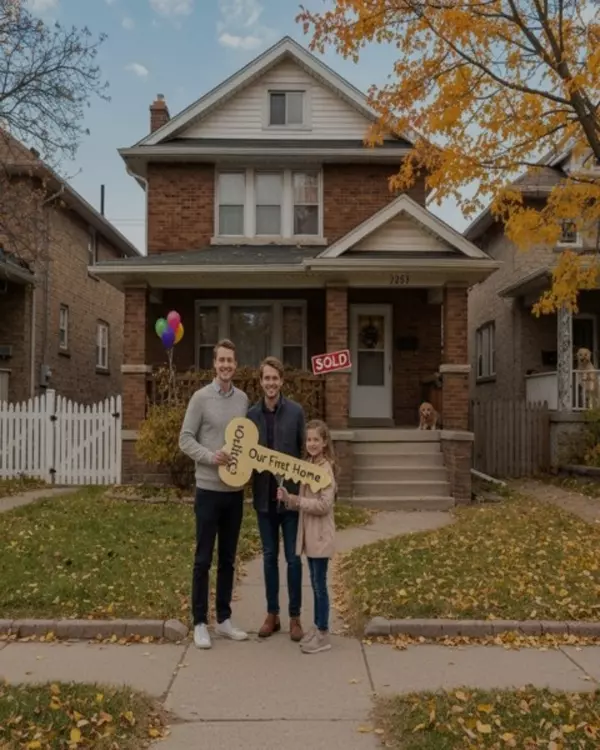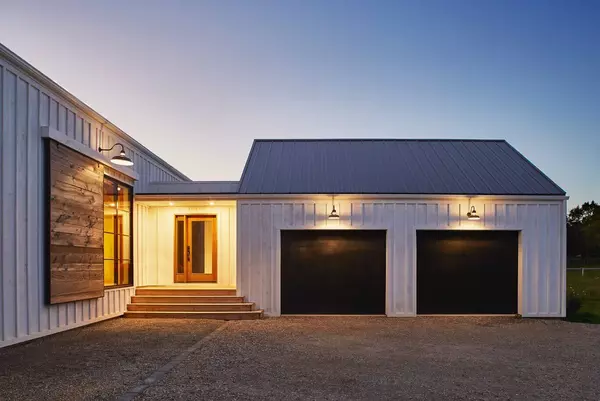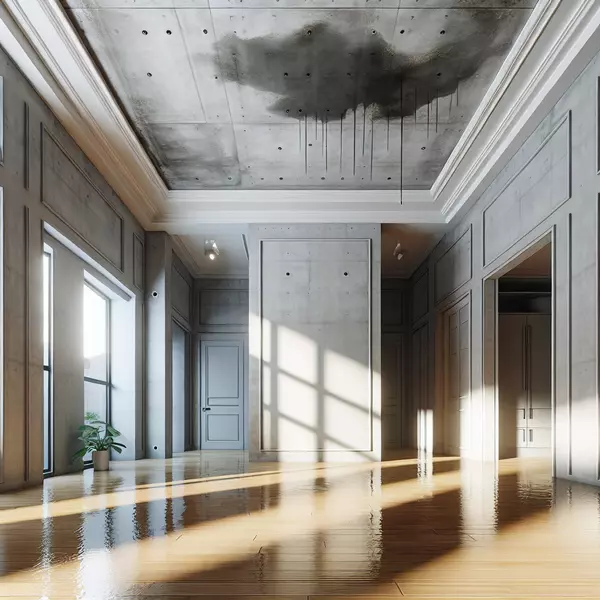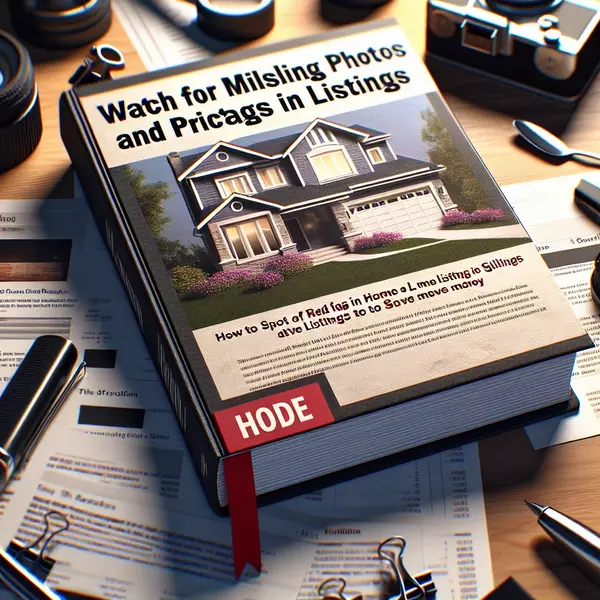The Sneaky Signs a House Could Be Trouble

The Sneaky Signs a House Could Be Trouble
Buying a home is one of the biggest investments you will ever make. It's exciting, but it's also a little scary. How do you know if a house is a good buy? Here are some sneaky signs that a house might be trouble. This guide will help newcomers to the Winnipeg real estate market spot potential issues before signing on the dotted line.
Check the Roof
One of the first things to examine is the roof. A roof is expensive to replace, so you'll want to be sure it's in good shape. Look for missing or curled shingles. If the roof looks uneven or saggy, that could mean big problems. Check for dark spots or moss, as these could be signs of water damage or leaks. Also, ask the age of the roof. If it's more than 20 years old, it might need replacing soon.
Look at the Foundation
A house needs a strong foundation. If there are problems here, it can lead to costly repairs. Walk around the outside of the house and look for cracks in the foundation or bricks. Go inside and check the basement. If you see any cracks, especially ones you can fit a finger through, that's a red flag. Pay attention to doors and windows. If they don't open or close properly, it could be a sign that the foundation is shifting.
Notice the Smells
When you step into a house, take a moment to breathe in the air. Musty or moldy smells could indicate water damage. A strong fragrance might mean someone is trying to cover up a smell. Investigate further if anything seems off. This way, you won't be surprised later on with issues like mold, which can be costly to fix and harmful to health.
Inspect the Electrical System
Lights that flicker or outlets that don't work are not just annoying—they might signal bigger electrical problems. Check the circuit breaker box. It should be neat, with clear labels. If the wiring looks messy or outdated, it might not meet current safety standards. Rewiring a house is expensive, so it's important to spot these issues early.
Test the Plumbing
Turn on faucets and flush toilets. Check the flow and listen for odd sounds. Slow drains or low water pressure could mean plumbing issues. Look under sinks for leaks and examine the water heater's age and condition. Rusty or corroded pipes can lead to further damage, so it's better to know now rather than deal with a surprise repair.
Examine the Windows
Windows are important for light and ventilation. Check how easy they open and close. Look for condensation between panes, which indicates broken seals. Windows that are hard to open could be an issue in case of emergencies and may also mean higher heating costs, an important consideration in Winnipeg's cold winters.
Wall and Ceiling Irregularities
Take a good look at the walls and ceilings. If you see any stains or patches, that could mean water damage. Pay attention to any cracks, as they might show settling or foundation issues. Fresh paint isn't always a good thing—sometimes it's used to hide problems.
Observe the Yard
Don't forget to check the yard. Look for signs of poor drainage, like wet spots or areas where water tends to collect. Check trees that are too close to the house; their roots can affect the foundation and sewers. A neglected yard might mean a homeowner who neglected other maintenance as well.
Pay Attention to Neighborhood
The neighborhood is just as important as the house. Visit the area at different times of day. Is it noisy? How's the traffic? Talk to neighbors if you can; they often have valuable insights. Consider how close you are to amenities like parks, schools, and shopping centers. A great home doesn't mean much if the location isn't right for your lifestyle.
Action Steps to Take
-
Get a Home Inspection: Before making any big decisions, hire a professional home inspector. They will find any issues you might have missed and give you a detailed report.
-
Ask Questions: Make a list of questions about anything that doesn't seem right. Ask the seller or use them when negotiating.
-
Think Long-Term: Consider how long you plan to live in the house. If it's just for a few years, be more cautious about potential problems. Long-term stays give you time to address issues without immediate pressure.
-
Get a Second Opinion: If anything seems off, it can be helpful to have a contractor or friend who knows homes give a second opinion.
-
Budget for Repairs: Even with a great inspection, things break. Set aside some money for repairs and maintenance, so you aren't caught off guard.
Conclusion
Buying a home is exciting, but it's important to be careful. By watching out for these sneaky signs, you can avoid a house full of problems. A little caution upfront can save you a lot of trouble later. Make sure your dream home in Winnipeg really is the right home. With these tips, you'll be ready to make a smart, informed choice, ensuring your new house is a safe and happy place for many years.
Categories
Recent Posts











